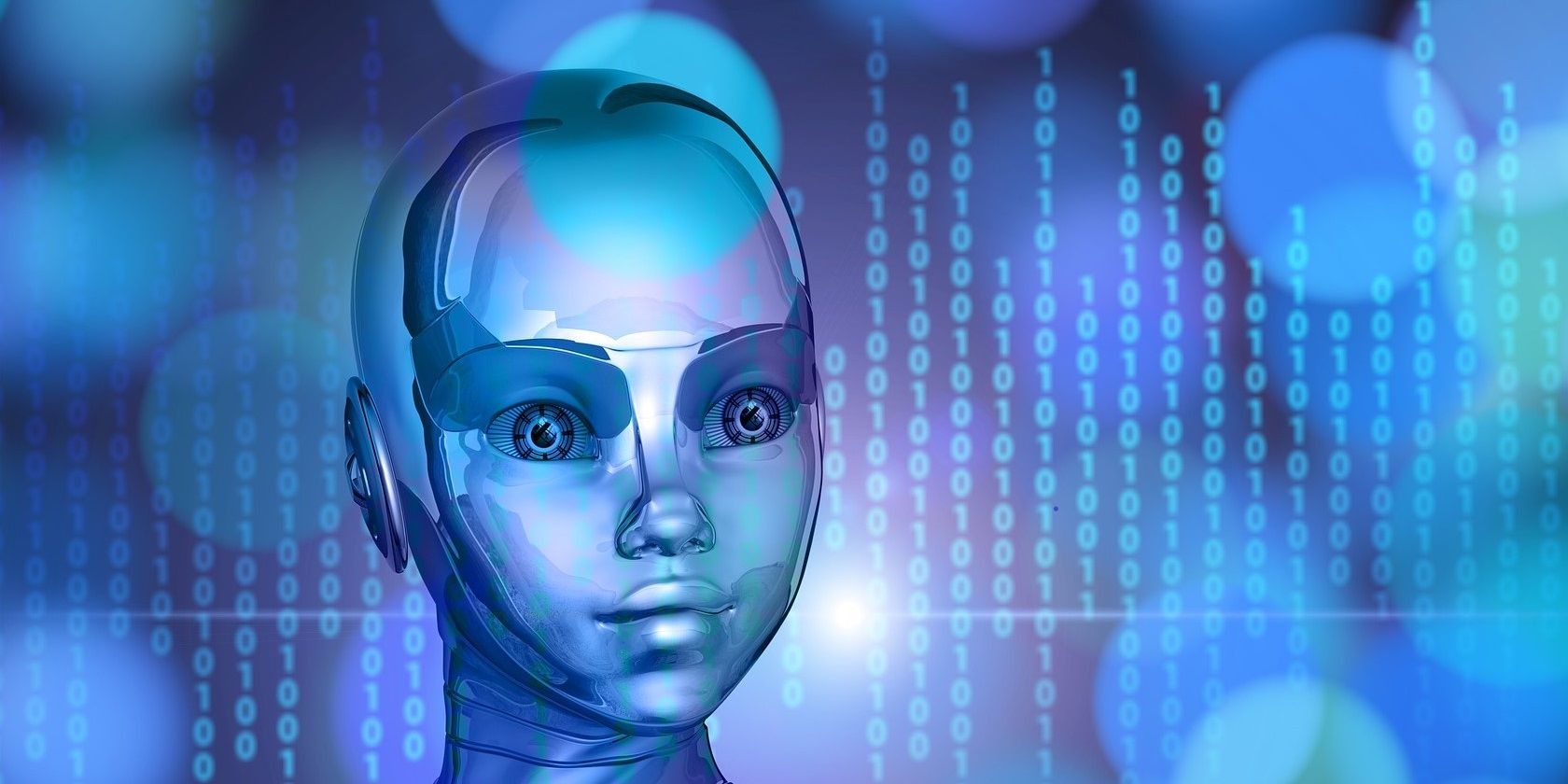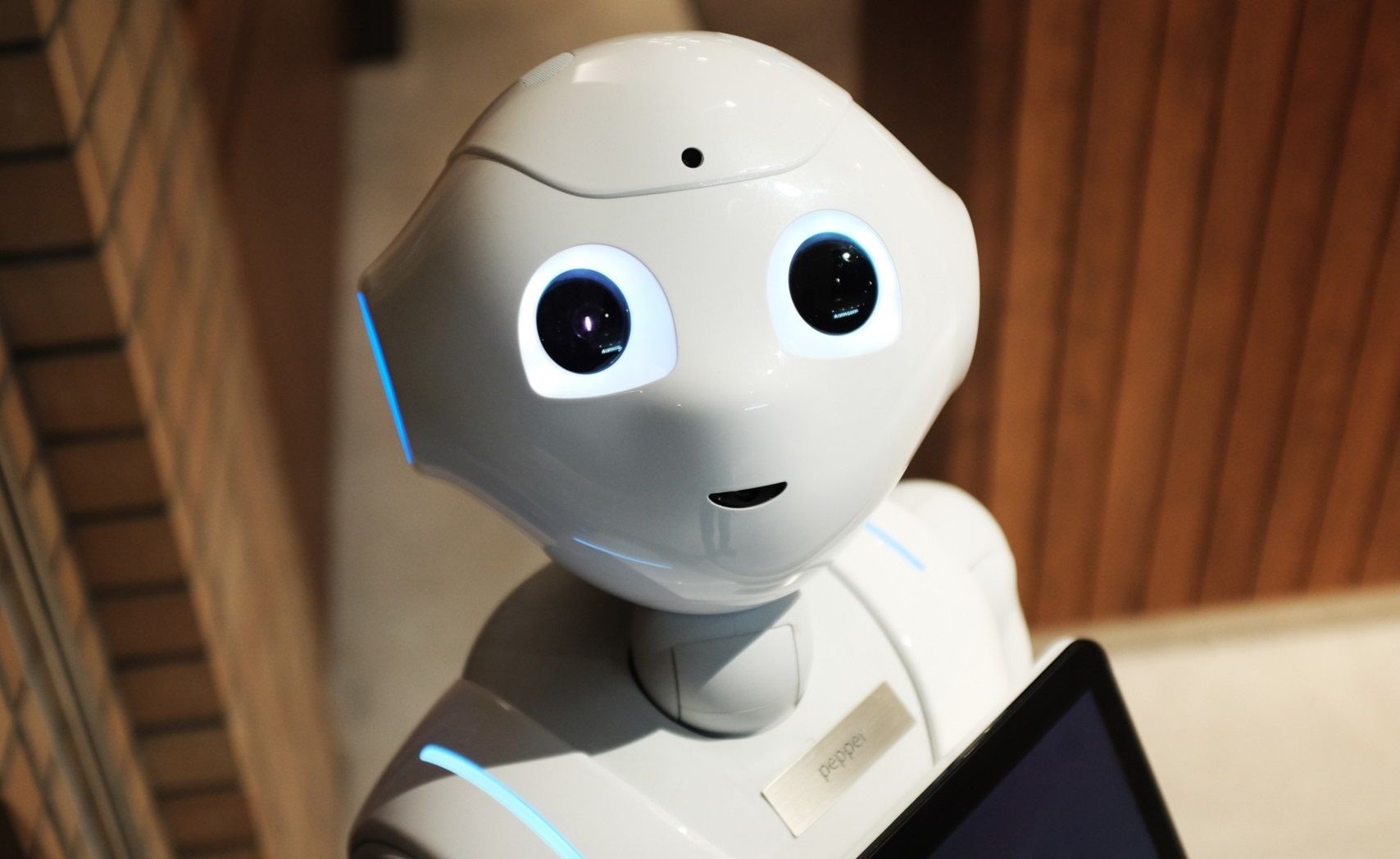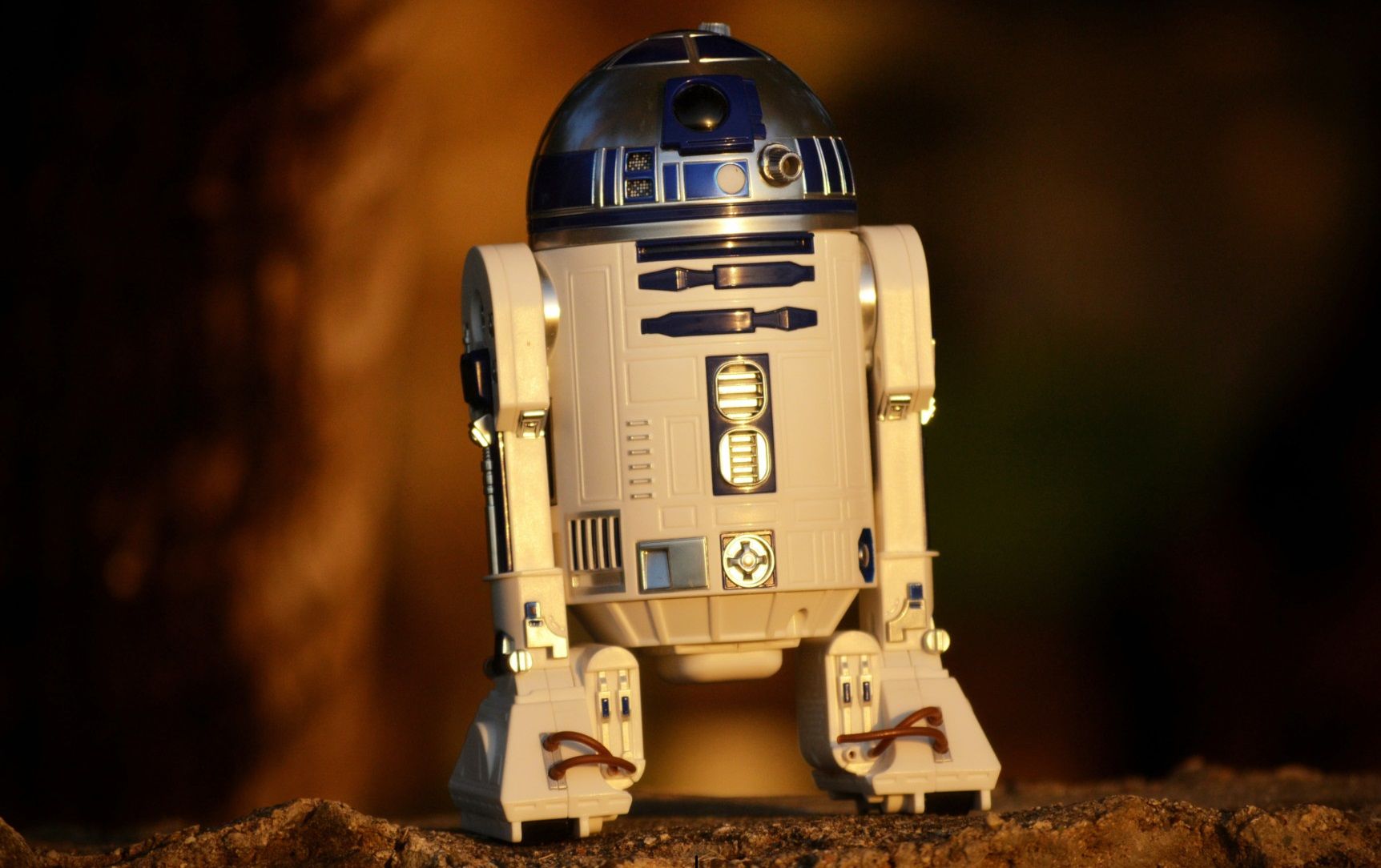
The need to increase our daily productivity has resulted in the creation and evolution of artificial intelligence. And like any major technology, there are misconceptions about it that need to be set right.
Regardless of how you feel about AI, it's here to stay, and we'll likely rely on it more and more as time goes on. Let's take a look at some myths you should stop believing.

Artificial intelligence (AI) is simply an imitation of human intelligence in machines. One of its goals is to raise cognitive reasoning in computers---with more accuracy and lesser bias.
The products of artificial intelligence are evident in smartphones, computers, and IoT devices. One promising scenario is its use in industries and astronomy. For example, it played a significant role in the Google/NASA's discovery of a Kepler-90i planet in 2017, as released on NASA's website. This was a debut role of AI in astronomy that brought its great potential in space into more limelight.
However, misconceptions about AI have raised concerns over time. Futurists and technologists strongly believe that the influence of artificial intelligence is limitless.
Let's take a critical look at some of these myths and dig up the truths and the lies about them.
This is one of the most controversial myths. It holds a notion that there is a competition between employees and machines. Surprisingly, this myth seems to be more popular among young employees.
A 2019 workplace statistic by CNBC/SurveyMonkey reported that 37 percent of young people in the US are worried that AI will replace them at work. But what's the truth in that? Let's take a look at some facts and figures.
According to Fox Business, despite the over 200,000 robots working in Amazon's retail warehouses as of 2019, its human power hiring rate jumped to 23 percent between 2019 and 2020. Amazon keeps hiring, so what's the significance of the bots?
A glaring answer to that question is that companies around the world are constantly searching for ways to reduce the workload of their employees. It's not to replace them entirely, as is often wrongly believed.
There has been more collaboration between people and machines in industries than we know. The mail and goods delivery industries are not exceptions. Evidence is in the DHL's mail delivery system---where drones lift the heavy packages to leave the delivery employees hands-free.
Starship also reported about its on-campus food delivery system that maps its bots with delivery employees. That way, employees get to control the bots instead of delivering the items themselves. This reduces stress significantly, increases productivity, and boosts efficiency.
In a practical sense, it's more of an alliance between humans and artificial intelligence. As such, it's somewhat faulty to agree to such a myth completely.
Artificial intelligence won't take your jobs---they'll only reshape the way you work and what you do at work.
We must take care to deal with this myth logically. While some notable AI experts have warned about the impending dangers of AI, how well do we understand their points of view?
The idea of the creation of machines that are more intelligent than men and women is controversial. The likes of Stephen Hawking and Nick Bilton believe that AI could get out of human control in the future. This has raised the fear of an impending robot apocalypse, as depicted in many sci-fi movies.
As a counter-argument, Elon Musk (the CEO of Tesla) makes a more logical statement about regulations, checks, and balances. He's compared AI to a demon we might lose control of if we do something foolish. That all depend on how far we go in making something we can't control.
Although efficiency and accuracy are strong points for AI, it's still a glaring fact that AI can never attain a person's level of intuition and emotion. So their mystical coup, which isn't logical, will be influenced by what we make of them.
A more solid argument would be that artificial intelligence could fail us. Indeed, there has been evidence of the failure of artificial intelligence in medicine. An example is IBM's WATSON failed cancer treatment recommendation that was reported on Becker's Health IT Hospital Reviews.
Another example is a report by The New York Times that detailed the death of a pedestrian hit by an autopilot Uber vehicle. Thus, we see a problem of AI's self-control and human influence rather than their potential to eliminate humans and take over the world at will---when they don't even have a will.
The 2014 movie The Machine features a female robot character that went berserk after attaining a high level of emotional intelligence. Sci-fi movies like this tend to shape people's views about the future of AI. But establishing our beliefs on mere imaginations is impractical.
It's clear that artificial intelligence now influences decision-making processes in business intelligence, astronomy, medicine, and pharmacy. But the fact remains that no matter how well you train a machine, it can't think for itself.
This is a limitation that will take ages for AI to override---and probably will never happen. As such, most processes that use artificial intelligence will always depend on a final verdict of people to decide.
Therefore, thinking of the potential of artificial intelligence as overruling us is somewhat ridiculous. It makes more sense to portray AI as modern servants that carry out more daunting tasks more accurately and efficiently than we can---not more intelligently than us.
Artificial intelligence and machine learning are sometimes wrongly equated. These terms are not the same, though they are interrelated.
The origin of artificial intelligence and machine learning goes as far back as the 1950s. The term "machine learning" was coined by IBM's Arthur Samuel in 1952---after he successfully developed a computer program to play checkers that mastered all previous positions.
However, the need for the development of machines with artificial brains came into limelight in the late 1940s. And because it was necessary to have a broader term for everything a machine does, including learning, artificial intelligence became a discipline in 1956.
As a result, using both terms synonymously isn't quite correct. Machine learning is a process whereby a machine learns by experience, based on the information it has seen before. For more information, we've looked at some examples of machine learning algorithms.
Such information is in the form of data, whether it's featured or not. Artificial intelligence, on the other hand, involves all processes, including machine learning, that brought about the product we know today.

Because of how the concept appears in our imagination, each time the word artificial intelligence resonates, it's normal for robots to come to mind. However, artificial intelligence applies to all spheres of technology. And if robots were the only products of AI, they would appear everywhere.
Beyond the concept of robotics, artificial intelligence offers more complex creations. The facial and fingerprint recognition system of smartphones, smart decision making home gadgets, smart health care equipment, and business intelligence---among others---are all artificial intelligence.
Robotics is only one aspect that may depend on AI. In some cases, we can separate the term robotics to mean machines that can automatically carry out specific physical and complex tasks. That's why the term "robotics and artificial intelligence" are used together in some instances.
In essence, robots do not necessarily have to be products of artificial intelligence. Sometimes, they might just be a combination of mechanical and electrical components. Artificial intelligence can only influence how these robots behave, when it's applied. But a bot can still exist independent of artificial intelligence.
Some controversies about AI portray it as a threat rather than a solution. Hopefully, after reading up on these myths, you're in a better position to understand the truth behind AI. Don't forget that what you believe is also a factor in how you choose to use or think about AI.